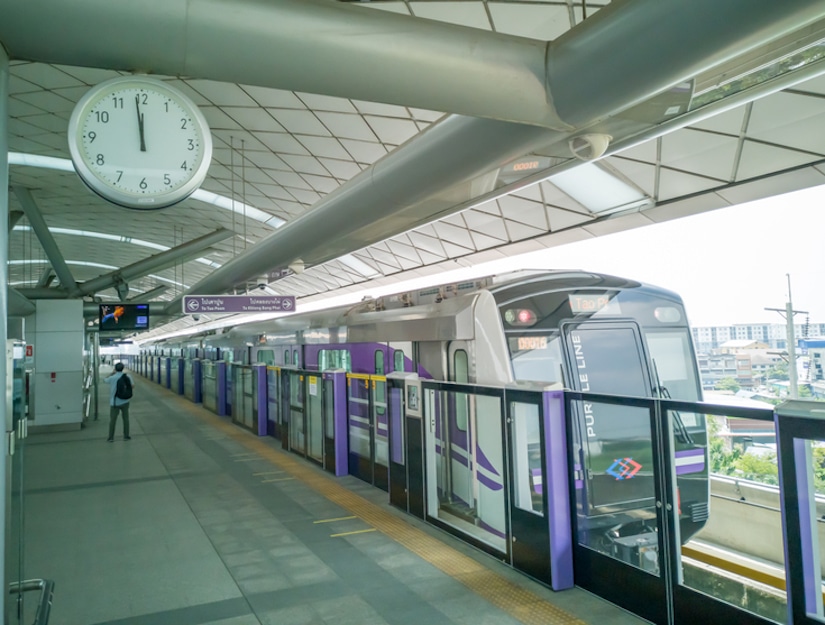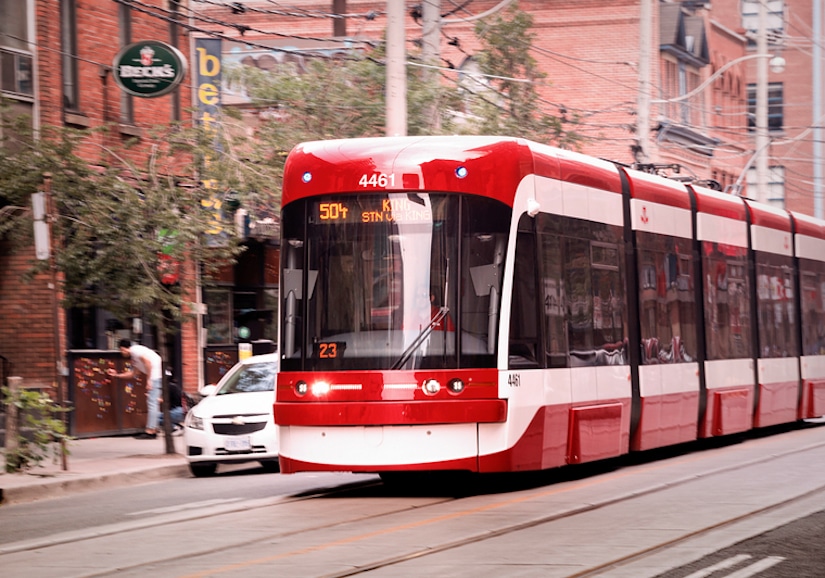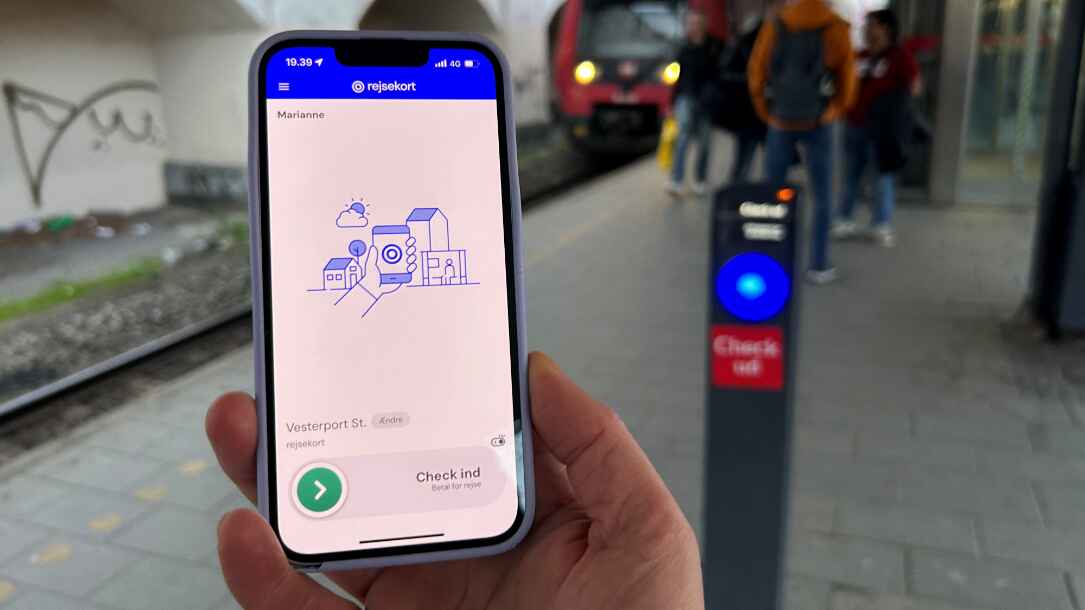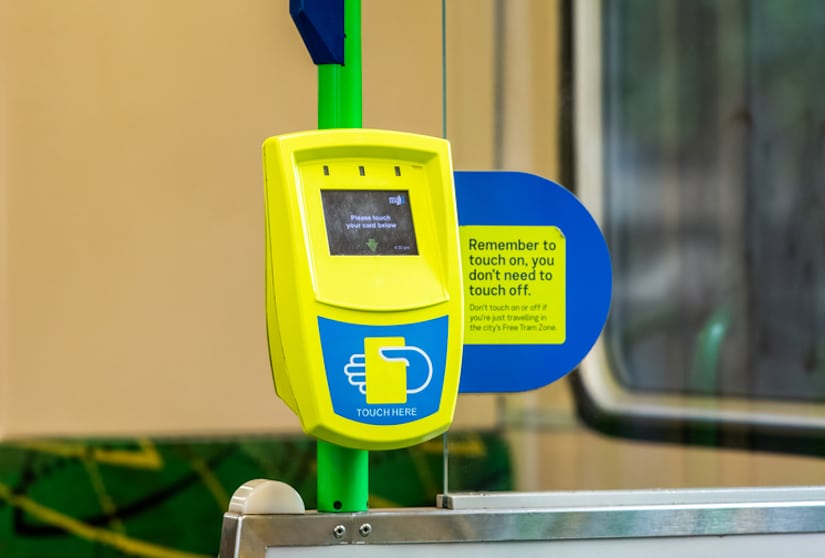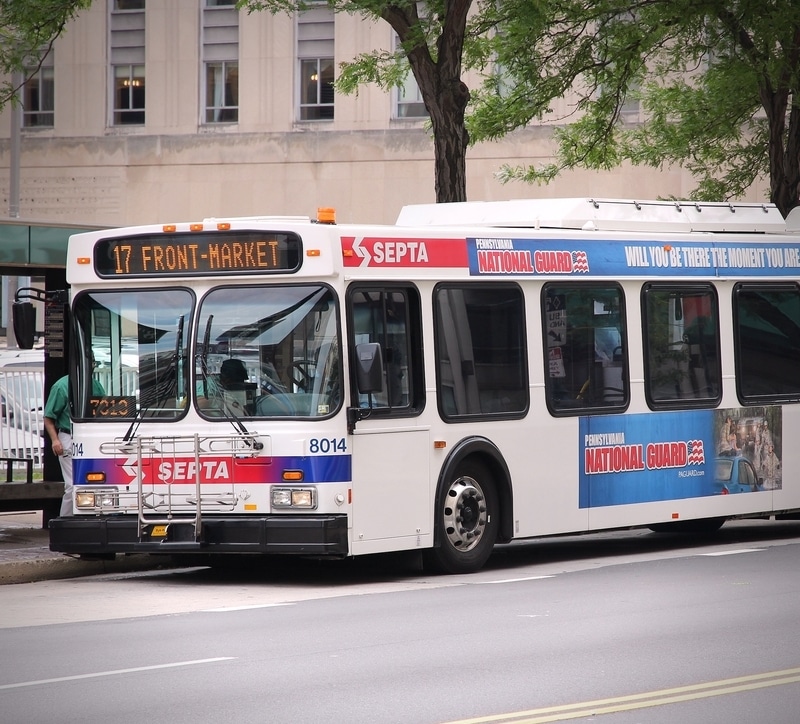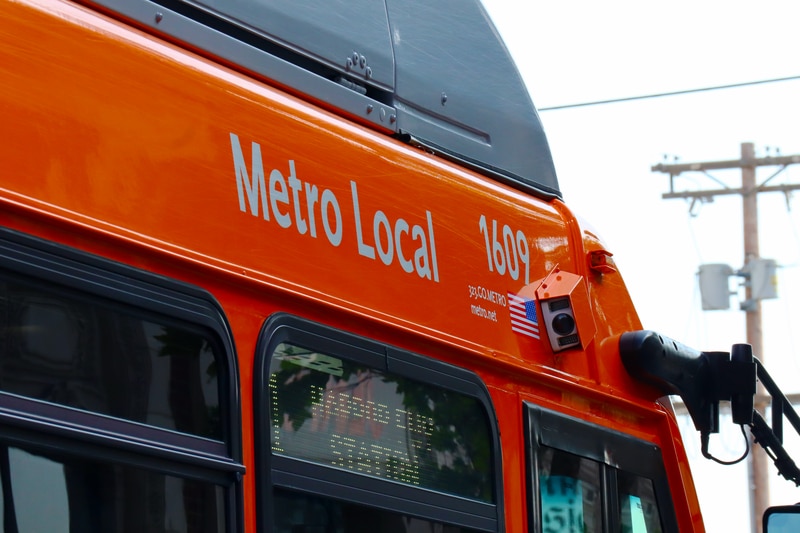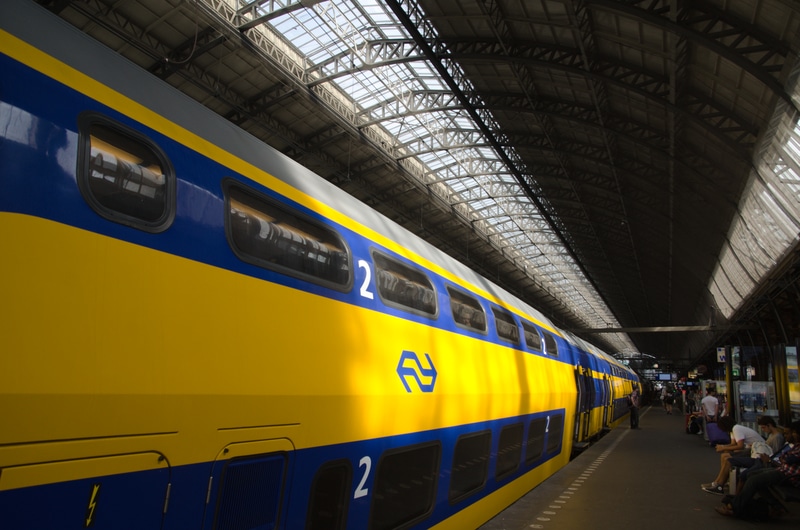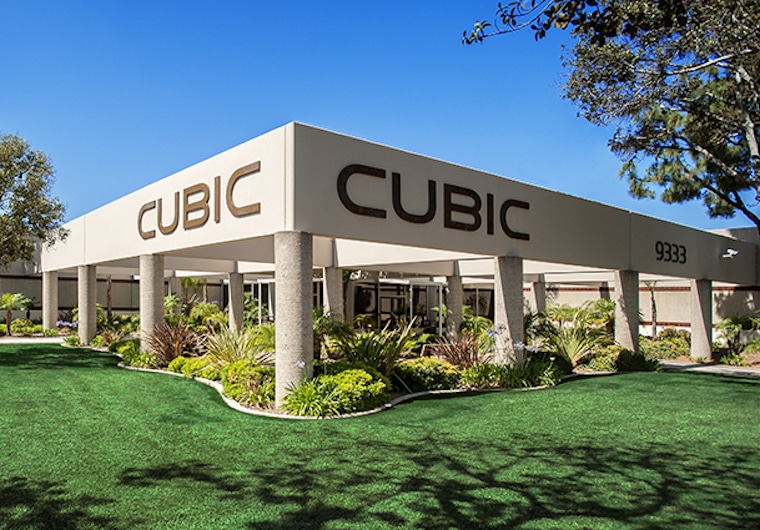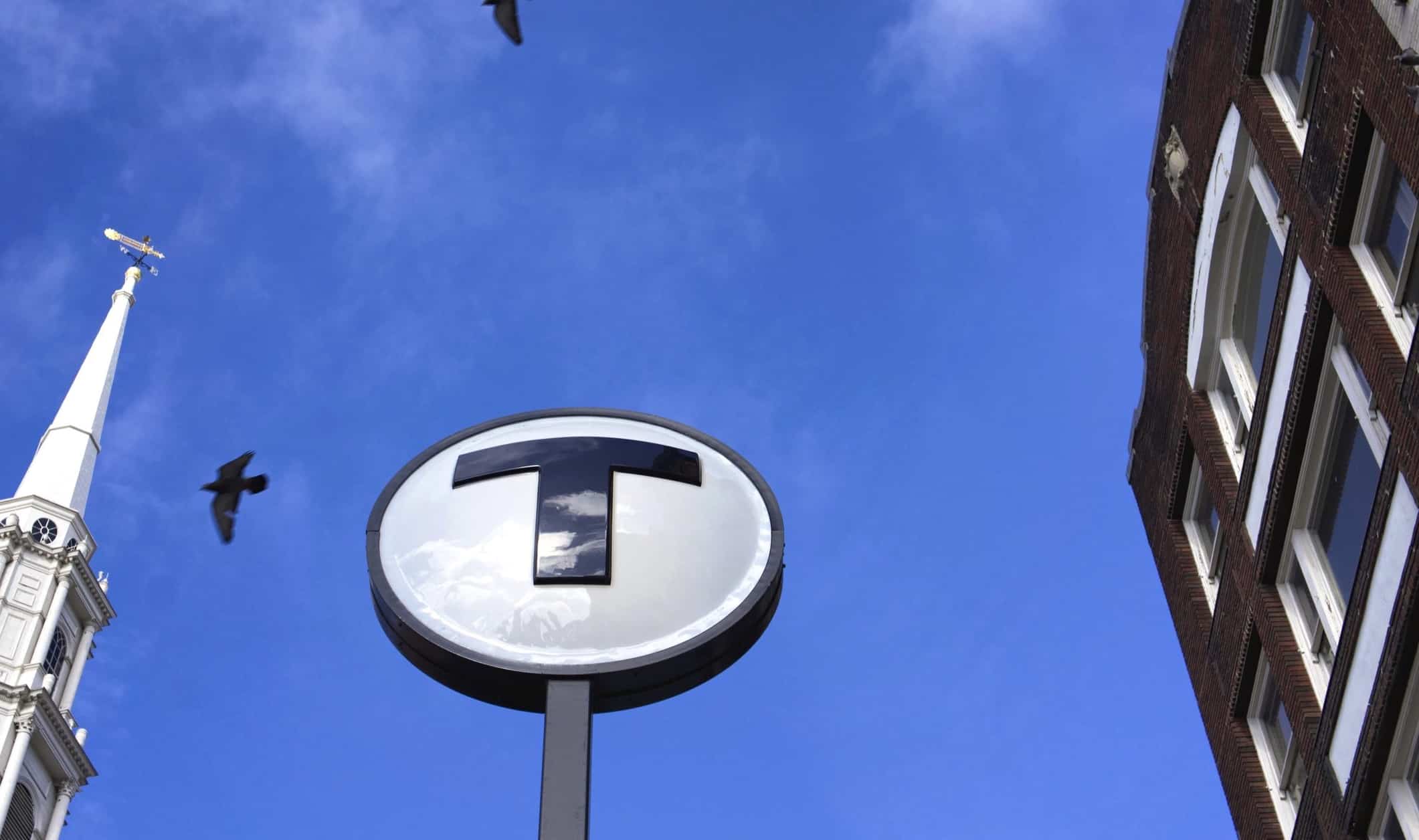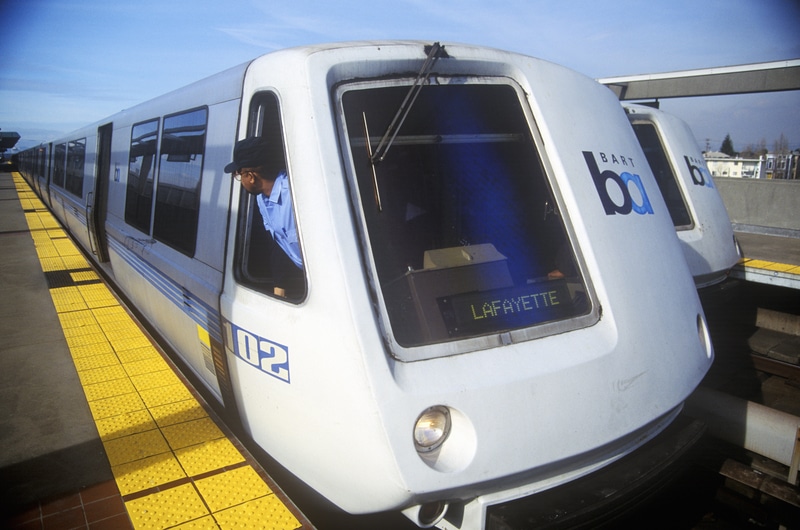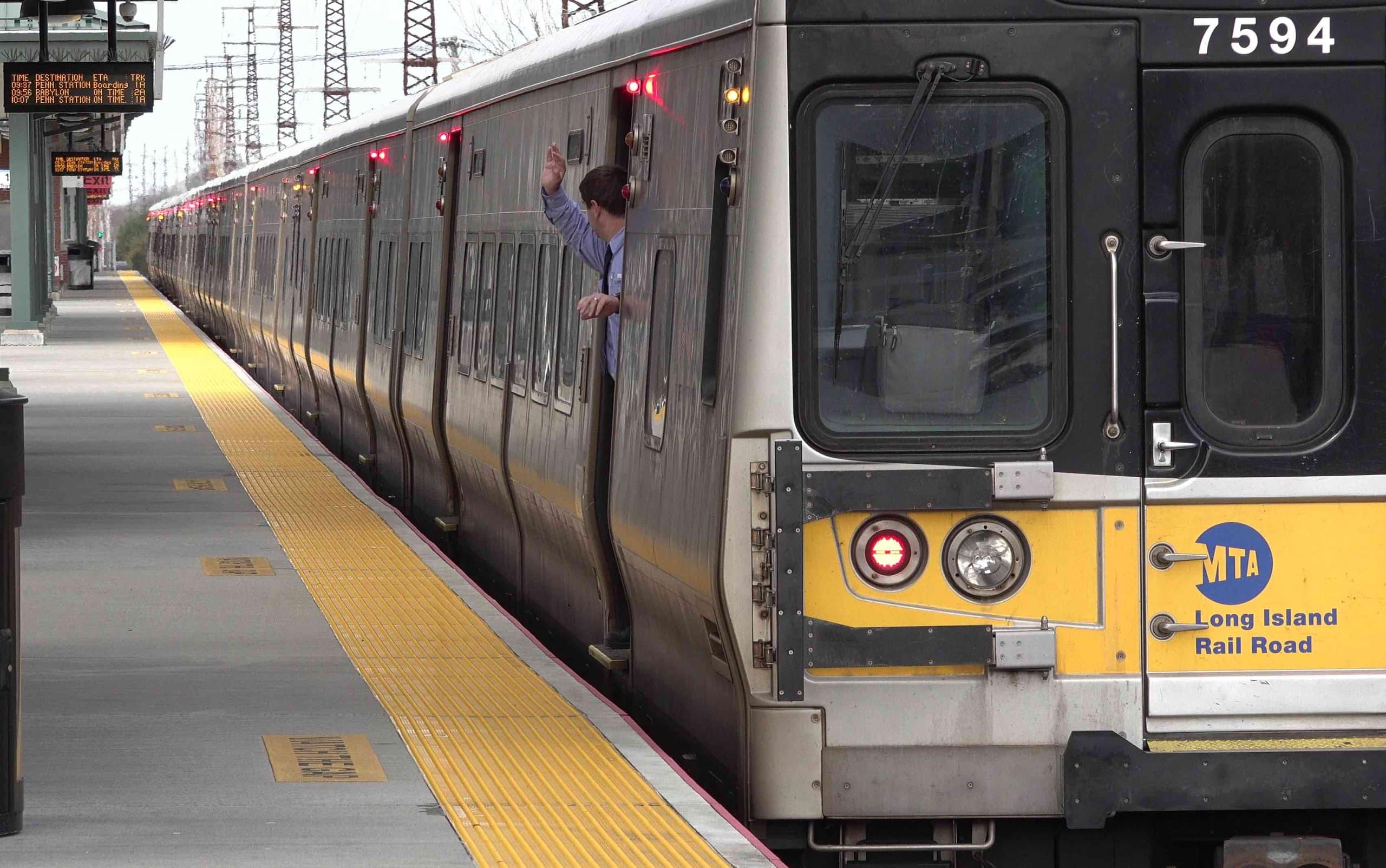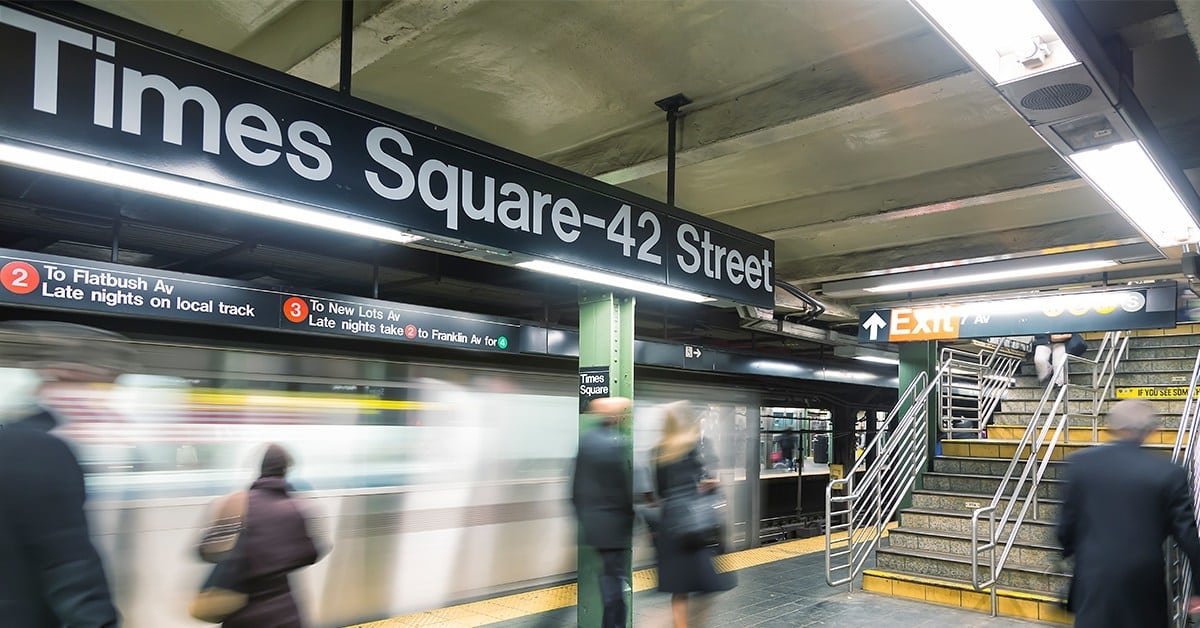
Article Highlights
More transit agencies are seeking to expand their customers’ transit card reload options by tapping the retail payments networks of such fintechs as InComm Payments.
InComm, which has a large network of 250,000 retail locations in North America, now supports around 50 agencies with one or more of its transit services.
• InComm Payments
• MTA (New York)
• MBTA (Boston)
• Dayton RTA
• RTC of Southern Nevada
• LA Metro
• MCTS (Milwaukee)
• Cubic
• Vix
• Scheidt & Bachmann
• Masabi
• Bytemark
Despite the strong push behind electronic fare payments and buzz around going cashless, only a few transit agencies in the U.S. have actually eliminated cash acceptance on board their buses and other vehicles or plan to do so.







